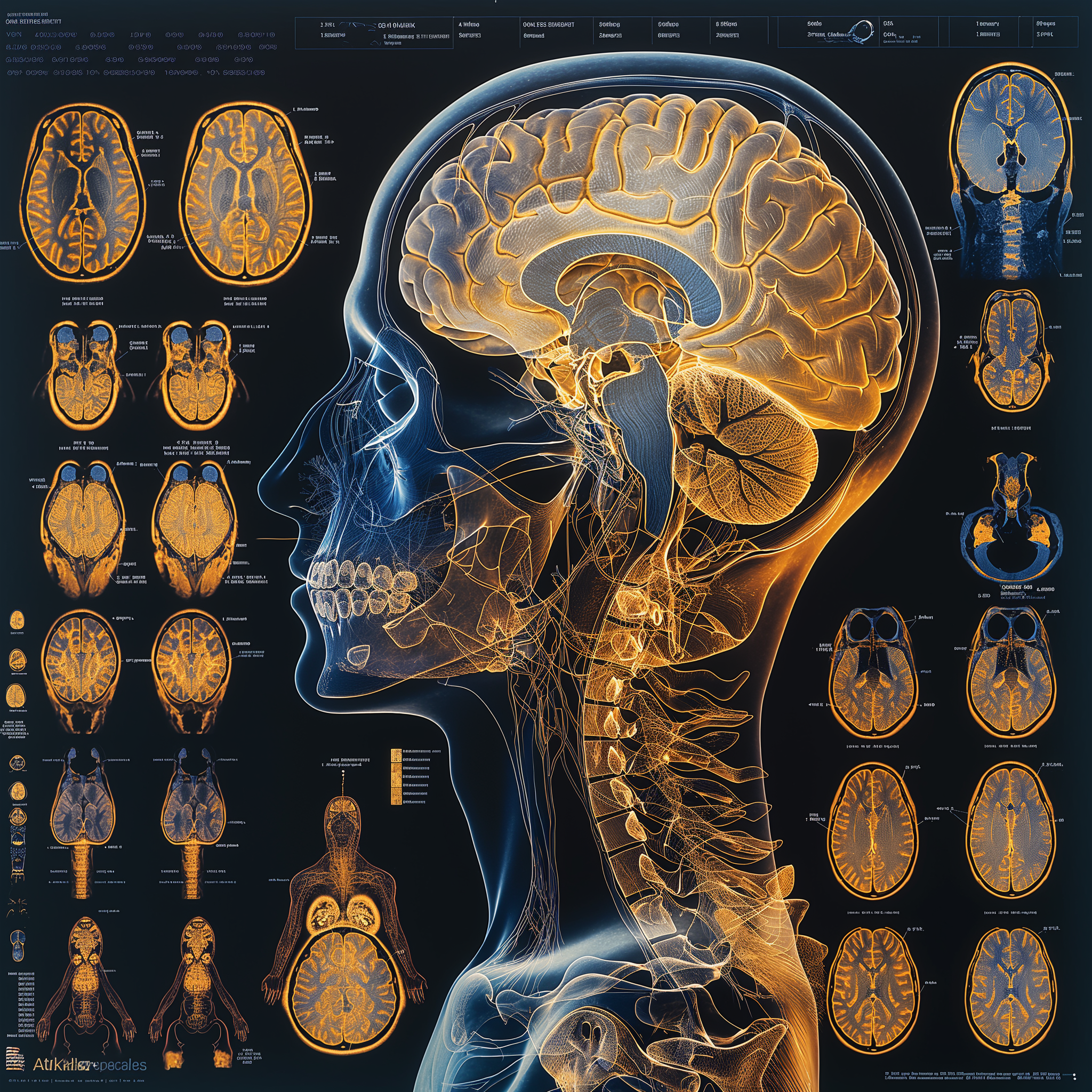
Alzheimer's: AI Predicts Disease Progression with Remarkable Accuracy
AI is revolutionizing Alzheimer's diagnosis, offering superior prediction compared to traditional methods. By analyzing vast patient data, AI finds hidden patterns for earlier, more accurate diagnoses. This empowers earlier intervention and personalized care, potentially slowing disease progression. AI's success extends beyond Alzheimer's, hinting at a broader healthcare transformation with earlier detection and personalized treatments. As AI integrates further, it promises a future of proactive medicine, redefining how we fight diseases.
The battle against Alzheimer's disease, a relentless thief of memories, is taking a hopeful turn with the rise of Artificial Intelligence (AI) in healthcare. Recent breakthroughs demonstrate that AI can predict the progression of Alzheimer's with remarkable accuracy, surpassing traditional clinical tests. This advancement not only holds immense promise for improved patient outcomes but also signifies a paradigm shift in how we diagnose complex diseases.
One of the most exciting aspects of AI in healthcare is its ability to crunch vast amounts of data with lightning speed.Conventional methods for diagnosing Alzheimer's often involve time-consuming and sometimes inconclusive cognitive assessments, imaging scans, and biomarker analysis. AI, on the other hand, can seamlessly analyze extensive datasets encompassing a patient's medical history, genetic makeup, and detailed brain scans. This unparalleled data-mining power allows AI to detect subtle patterns and early warning signs of disease progression that might escape the keenest human eye. The result? More accurate and timely diagnoses, which are critical for a disease like Alzheimer's where early intervention can significantly alter the course of the illness.
The success of AI in predicting Alzheimer's progression is just the first chapter in a larger story. It signifies a broader transformation brewing within the realm of medical diagnostics and treatment. By embracing AI, we stand to revolutionize how we detect various conditions at earlier stages, allowing for more effective treatment interventions and ultimately, improved outcomes for a wider range of patients. AI's ability to learn and adapt from new data suggests that its diagnostic prowess will only continue to improve. As we move forward, integrating AI into our healthcare systems has the potential to redefine not just how we understand diseases like Alzheimer's, but how we fight them altogether.Investing in AI research and adapting our healthcare infrastructure to accommodate these groundbreaking technologies will be paramount in unlocking this transformative future.
#HealthcareTomorrow #AIinMedicine #AlzheimersResearch #FutureOfHealth



